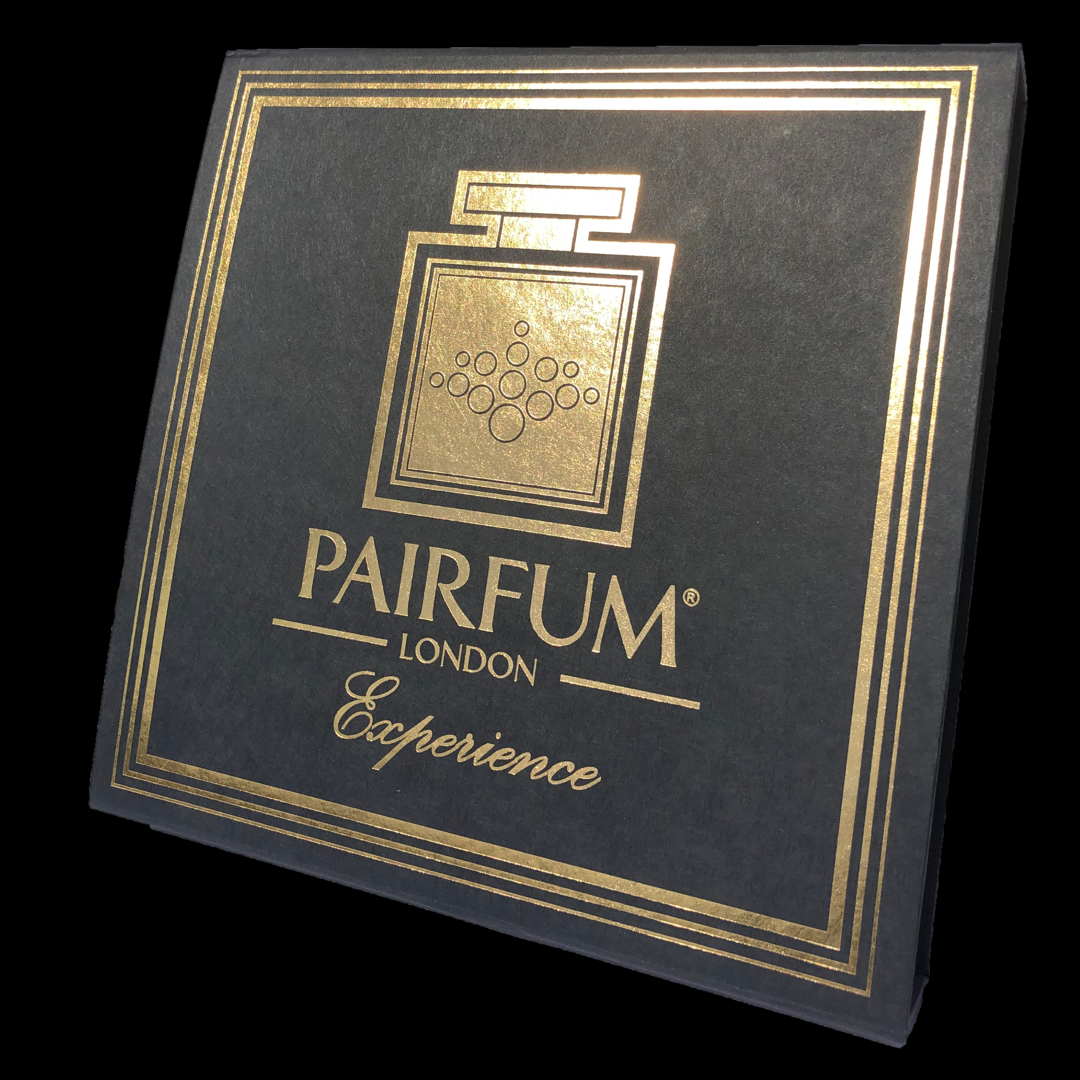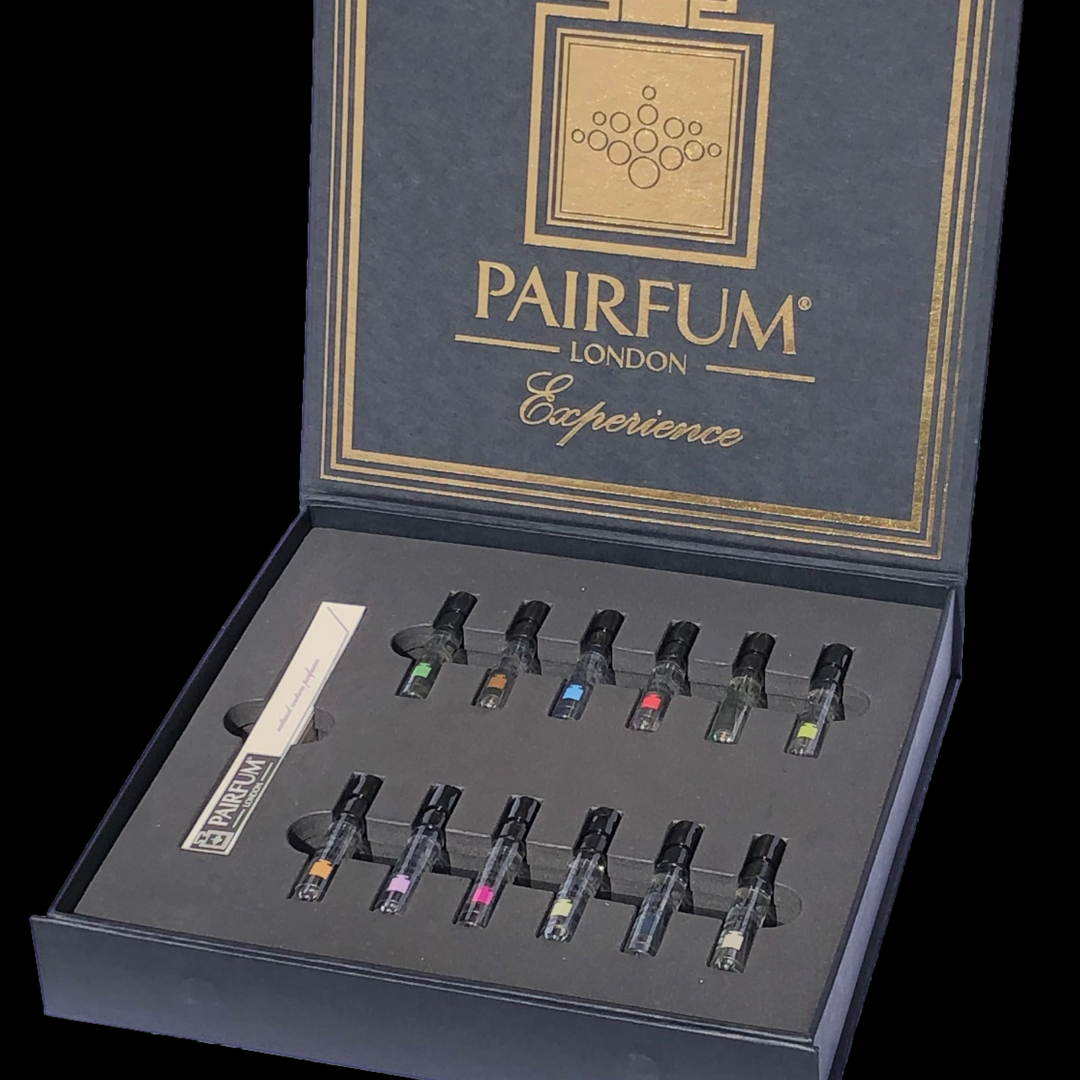Hormones and Skin Health: Managing Imbalances

In the refined realm of luxury perfumery and skincare, one invisible force orchestrates countless visible effects: hormones. These powerful chemical messengers govern far more than reproductive health or mood, they are central to the way our skin behaves, how we age, and how fragrance unfolds on our skin throughout the day. The endocrine system, a network of endocrine glands, continuously communicates through hormones to regulate growth, metabolism, and even the personal chemistry that makes each fragrance experience utterly unique.
Understanding Hormones and Their Role in the Human Body
Hormones are secreted by endocrine glands and travel through the bloodstream to organs and tissues, influencing nearly every function in the human body. From regulating blood sugar with insulin to influencing metabolism through thyroid hormone, hormones act like conductors in a symphony of biological processes.
The pituitary gland, often called the master gland, plays a crucial role by controlling other glands like the adrenal gland, thyroid gland, ovaries, and the pineal gland. The anterior pituitary, in particular, is responsible for the secretion of pituitary hormones such as growth hormone, luteinizing hormone, and follicle stimulating hormone, all of which are vital for growth, cellular repair, and reproduction.
A healthy endocrine system depends on the balance and precision of these hormone levels. When even a single hormone level is disrupted, it can lead to a hormone imbalance or broader hormonal imbalances, which affect physical appearance, emotional wellbeing, and olfactory perception.


The Relationship Between Hormones and Skin Health
The skin is a mirror of internal hormonal shifts. Hormonal changes during life stages such as adolescence, pregnancy, and menopause often manifest visibly on the skin.
- Oestrogen, a key female sex hormone, contributes to skin thickness, hydration, and collagen production. Declining Oestrogen levels during menopause can lead to dry, sagging skin and increased wrinkles.
- Growth hormone, released by the anterior pituitary gland, supports cell regeneration and wound healing. A deficiency may result in dullness and slower skin repair.
- Thyroid hormones regulate metabolic processes. Imbalances can cause dry skin, puffiness, or excessive sweating.
- Parathyroid hormone, produced by the parathyroid gland, helps manage calcium levels essential for skin renewal and smooth texture.
In conditions involving hormonal imbalance, such as hypothyroidism or PCOS, the skin may become oily, acne prone, dry, or overly sensitive. A sudden change in your complexion may point to an underlying imbalance within the endocrine system.
How Hormonal Changes Influence Perfume Performance
Scent is deeply personal, and hormones subtly influence both our perception of aroma and how fragrance behaves on our skin.
- Throughout the menstrual cycle, fluctuations in sex hormones and progesterone levels may affect skin temperature, oil secretion, and olfactory sensitivity.
- The adrenal glands release cortisol, a stress hormone, which may alter how quickly a fragrance dissipates or intensifies on the skin.
- Changes in thyroid hormone levels affect body temperature and perspiration, which can interfere with a perfume’s longevity and projection.
Perfume is not a static experience. Hormonal changes cause scent to evolve differently on the same person depending on the day, time, or life phase. Understanding your hormone levels can help in selecting fragrances that consistently perform well for your body chemistry.
The Role of Male Hormones and Steroids in Skin and Scent Chemistry
In the context of skin and fragrance, male hormones—particularly androgens like testosterone, a primary male hormone—play a significant role in regulating oil production and hair growth, both of which can affect how scent develops on the skin. These androgens belong to the broader category of steroid hormones, which are derived from cholesterol and produced primarily in the adrenal glands and gonads. Imbalances in steroids, whether natural or synthetic, such as anabolic steroids, can disrupt sebum balance and skin texture, altering how fragrance interacts with the skin. Understanding how steroids influence dermal chemistry is essential for interpreting individual scent experiences.
Scent, Skin, and the Role of Glands in Fragrance Chemistry
Glands play a central role in how fragrance binds to and releases from the skin:
- The thyroid gland influences metabolism, temperature regulation, and sweat production.
- The adrenal gland and adrenal glands affect oil production and skin hydration, shaping how long and how intensely a perfume projects.
- The pineal gland, through melatonin secretion, indirectly affects sleep cycles, stress levels, and overall skin health, all factors in the scent experience.
- The pituitary gland and specifically the anterior pituitary orchestrate hormone production across multiple endocrine glands, including those tied to skin function and scent retention.
Sebaceous activity, sweat, and pH—all controlled or influenced by hormones—determine how a scent molecule clings to or releases from the skin. For those who notice their fragrance fading quickly or transforming dramatically, the root cause may be hidden deep in the endocrine system.


Common Hormonal Imbalances and Their Sensory Implications
Several well documented conditions involve hormonal imbalances that impact skin and scent:
- Hypothyroidism (low thyroid hormone) leads to dry skin and a reduction in body heat, which dulls fragrance diffusion.
- Hyperthyroidism increases body temperature and moisture, which may cause fragrances to dissipate too rapidly.
- Cortisol elevation from stress suppresses other hormone production and disrupts skin integrity and olfactory reception.
- PCOS and ovarian disorders affect levels of sex hormones, contributing to acne and irregular scent projection.
Identifying these issues often involves testing for key markers like thyroid stimulating hormone, corticotropin releasing hormone, and thyrotropin releasing hormone—all managed under the guidance of an endocrinologist or hormone specialist.
Medical Treatments and Hormonal Health
In more serious or persistent cases of hormonal imbalances, medical therapies can offer profound benefits for skin and scent harmony.
- Hormone therapy or hormone replacement therapy can balance oestrogen and progesterone levels during perimenopause or menopause symptoms, restoring hydration and fragrance consistency.
- Growth hormone therapy, when supervised by an endocrine specialist, supports tissue repair and may improve skin texture and scent performance.
- Medications that regulate sex hormones, such as contraceptive pills or antiandrogens, help with conditions like acne or excess oil production.
All treatments aim to recalibrate hormone production from the endocrine gland and restore equilibrium within the endocrine system, supporting skin health and optimal fragrance performance.
Natural Strategies for Balancing Hormones
While medical treatments are effective, many choose to begin with natural strategies to support their endocrine health:
- Diet: Omega-rich foods, cruciferous vegetables, and sources of magnesium support endocrine glands like the ovaries and adrenal glands.
- Sleep: Deep rest allows the pineal gland and anterior pituitary gland to function optimally, contributing to proper hormone production.
- Stress reduction: Reducing chronic stress helps moderate cortisol and supports reproductive hormones.
- Exercise: Regular activity helps reduce insulin resistance and improves hormonal balance overall.
Supplemental support such as vitamin D, probiotics, and adaptogenic herbs may also assist in keeping hormone levels within a healthy range.


Fragrance as a Reflection of Inner Balance
Fragrance evolves with your body, just as your hormone levels and skin chemistry shift throughout the menstrual cycle, periods of stress, or changes in oestrogen or growth hormone. A perfume that once lingered all day may behave differently when your pituitary gland is signalling a different phase of balance. Exploring scent as an extension of your body’s rhythm invites a more intimate and intuitive relationship with fragrance, one that enhances the sensory dialogue between skin, scent, and your natural hormonal flow.
Discover the Fragrance Library Experience – by Pairfum London
The Fragrance Library Perfume Experience Box Collection presents a luxurious way to explore this personal connection. With a selection of sophisticated eau de parfum samples housed in an elegant keepsake box, it’s an invitation to experiment with scent across different times and moods. This collection is crafted for fragrance lovers who appreciate nuance and want to discover how various notes perform uniquely with their individual skin chemistry.
Conclusion: A Biological Understanding of Beauty and Fragrance
Luxury beauty and perfumery go beyond aesthetics—they are intimately tied to biology. Every drop of fragrance interacts with the endocrine system, responding to changes in hormone levels governed by glands as complex and finely tuned as the pituitary gland, thyroid gland, and adrenal glands.
From the role of growth hormone in skin rejuvenation to the influence of oestrogen on how scent lingers, this delicate dance between science and sensuality is what gives perfumery its magic and individuality. For enthusiasts and professionals alike, mastering this intersection opens a deeper appreciation of the human body and the scent it carries through time.
